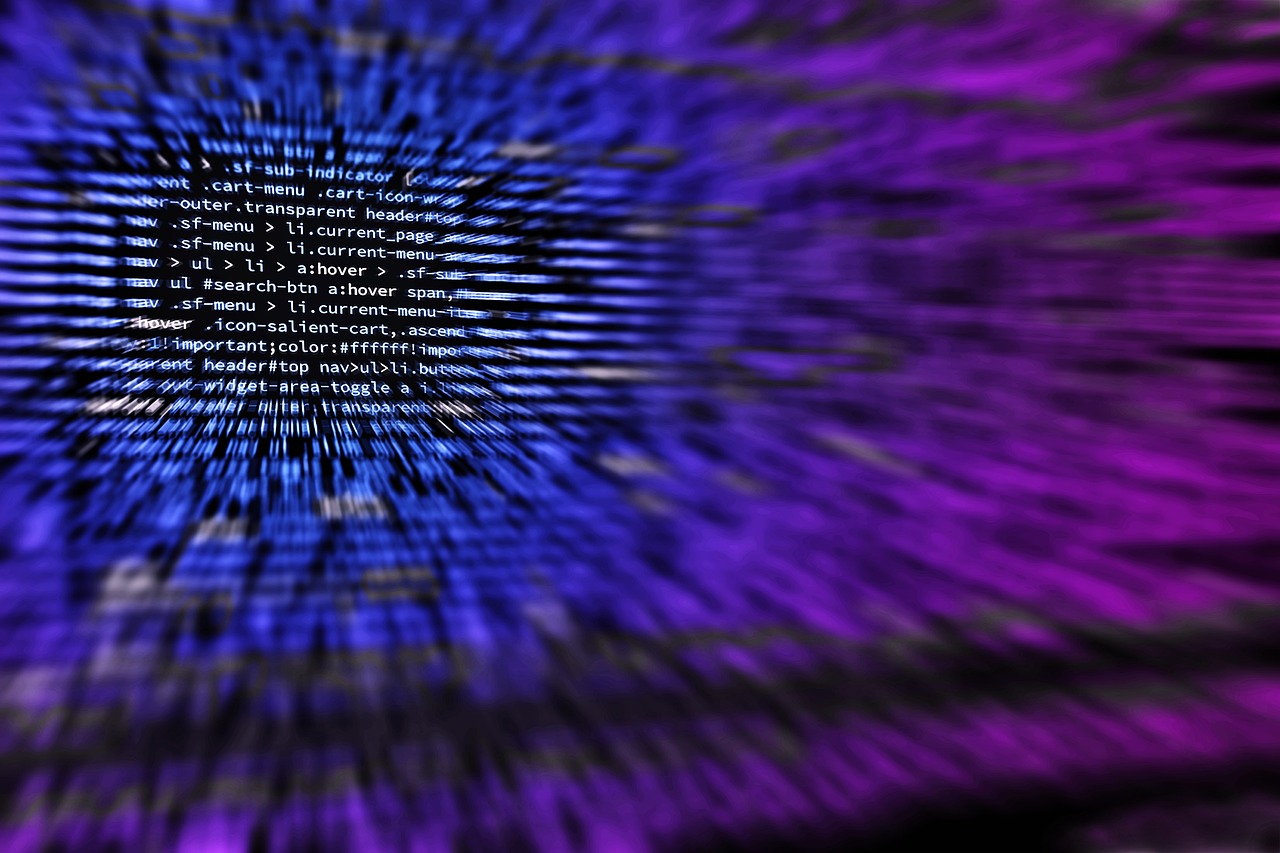The year is 2029, a future painted with a chilling brush where machines reign supreme, and humanity fights for survival against a relentless, mechanized foe. The Terminator franchise, with its vivid portrayal of a war between man and machine, offers a stark warning of a world teetering on the brink of extinction.

In the official narrative, the Terminator movies are seen as mere entertainment, a sci-fi fantasy crafted for thrills and spills. Arnold Schwarzenegger, a key figure in the franchise, has even praised the visionary director James Cameron for his insights into artificial intelligence, with no hint of the darker implications lurking beneath the surface.
However, beneath the glossy exterior of Hollywood lies a more sinister truth. The Terminator series, far from being pure fiction, serves as a form of predictive programming, a tool to mold minds and prepare them for a future already in the making. Alan Watt’s analysis of predictive programming in films like “The Matrix” and “The Terminator” reveals a deeper agenda at play, one that seeks to shape perceptions and steer society towards a predetermined path.
The real danger lies not in the cinematic battles between man and machine but in the insidious plans of those pulling the strings behind the scenes. The concept of a global control grid, as highlighted in discussions of the Terminator series, hints at a future where artificial intelligence and autonomous systems could be used to enforce a depopulation agenda. The shift towards technocratic transhumanism and the military’s push for autonomous drone technology mirror the dystopian themes of the Terminator narrative all too closely.
As we stand on the precipice of a future eerily similar to that portrayed in the Terminator movies, the intent of those orchestrating this agenda becomes clear. The means, utilizing predictive programming and media manipulation to shape public perception, have paved the way for a reality where control and surveillance are paramount. The opportunity to implement these plans arises as technologies advance and society becomes increasingly reliant on interconnected systems.
Looking ahead, the parallels between fiction and reality grow ever more pronounced. The Terminator’s cautionary tale of a world dominated by machines serves as a stark warning of the path we are currently treading. As we grapple with the implications of AI and autonomous systems, the shadow of a future where humanity is subjugated by its own creations looms large. It is up to us to heed these warnings, to resist the siren call of technocratic control, and to forge a future where humanity, not machines, holds the reins of power.

